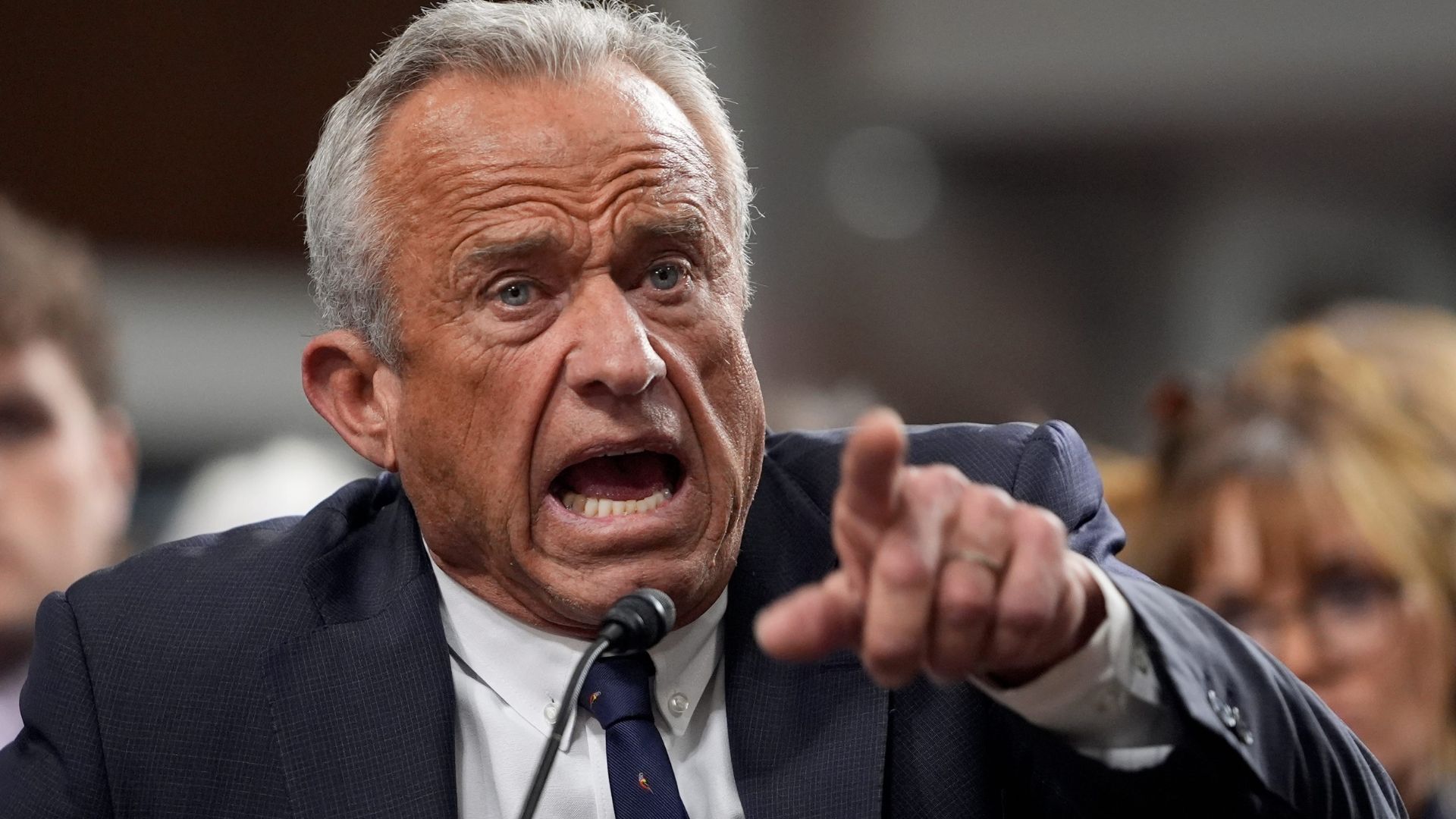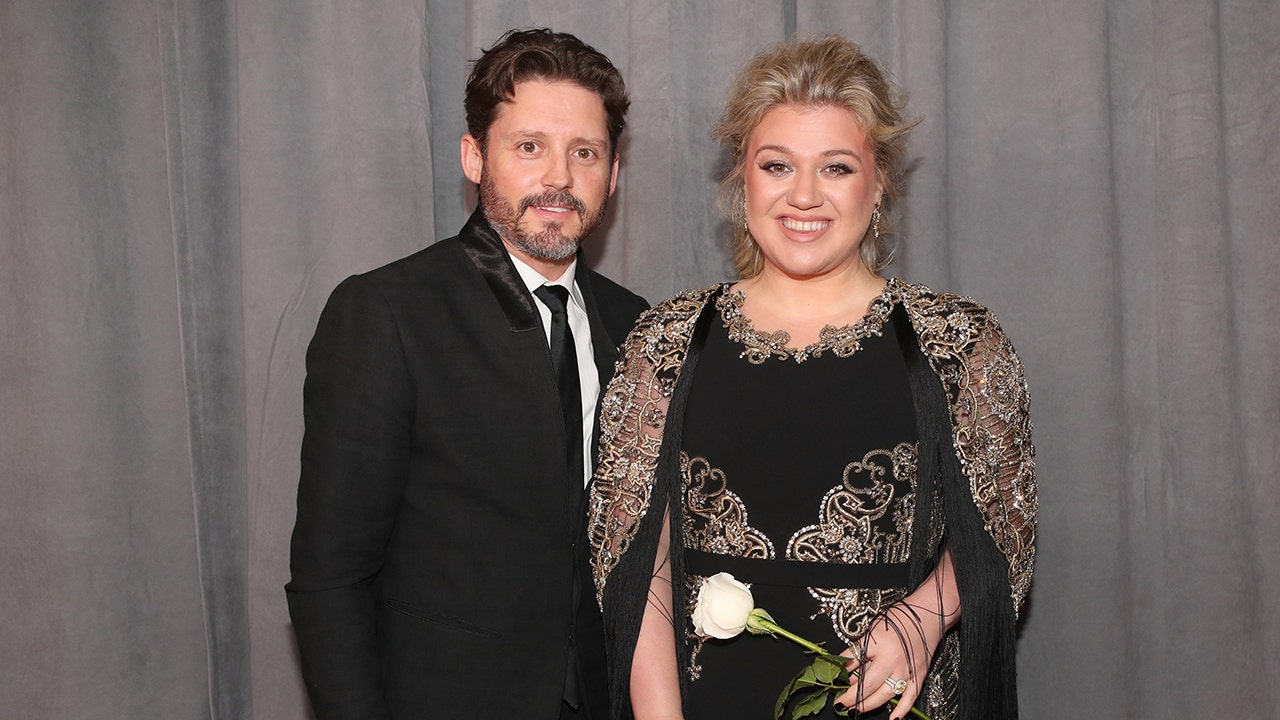The Centers for Disease Control and Prevention (CDC) participated in a World Health Organization (WHO) vaccine meeting this week, despite a Trump administration directive barring communication with the global health agency.
President Donald Trump initiated the U.S. withdrawal from WHO, citing the organization’s failures during the COVID-19 pandemic and its close ties to China.
As part of the withdrawal process, federal health agencies were ordered to halt communication with WHO.
Dennis Quaid’s #1 Warning for Americans
However, a CDC spokesperson confirmed to DailyMail.com that members of the agency “will be actively participating virtually” in a WHO conference on flu vaccines this week.
The weeklong meeting, which began Monday at the Francis Crick Institute in London, focused on flu vaccine development for the Northern Hemisphere.
Leaders from both the CDC and the Food and Drug Administration (FDA) attended, though neither agency publicly announced its participation.
Given the administration’s restrictions, both agencies would likely have required an exemption to take part in the discussions.
100% FREE Gun Law Map CLICK HERE
WHO organizes these meetings twice a year to consult with an advisory group of experts on global flu data.
The recommendations issued from these meetings guide vaccine regulatory agencies and pharmaceutical companies in developing flu vaccines for the upcoming season.
A similar meeting focused on flu strains in the Southern Hemisphere is scheduled for September.
Health officials raised concerns that the absence of U.S. representatives at the meeting could impact the effectiveness of flu vaccines.
WHO’s advisory group also monitors flu viruses with pandemic potential, such as the H5N1 bird flu, which has been spreading in the United States.
Countries like the U.S. maintain vaccine stockpiles to respond to potential outbreaks of these viruses if they begin spreading widely in humans.
Trump’s executive order last month initiated the process of withdrawing the U.S. from WHO, though the departure does not take effect immediately.
Under the terms of withdrawal, the U.S. must provide a one-year notice, obtain congressional approval, and fulfill its financial obligations for the current fiscal year.
In addition to limiting U.S. cooperation with WHO, the Trump administration also directed federal health agencies to restrict most public communications through at least the end of the month.
The ban on communication with WHO led to uncertainty over whether CDC and FDA scientists could participate in the flu strain selection meeting, raising concerns about how the FDA would guide vaccine manufacturers in developing next winter’s flu shots.
The CDC has long maintained close collaboration with WHO, deploying nearly 30 staff members to the agency and providing millions of dollars in funding through cooperative agreements.
The U.S. agency is home to some of the world’s leading experts in infectious diseases and public health, and its staffers are in regular contact with WHO officials on global health threats.
The halt in collaboration with WHO is one of several global health policies affected by Trump’s executive orders.
Another major initiative impacted is the President’s Emergency Plan for AIDS Relief (PEPFAR), a program credited with saving 25 million lives since its launch under President George W. Bush.
The Trump administration included PEPFAR in a broader freeze on foreign aid spending, which is expected to last at least three months. The program provides HIV treatment to over 20 million people worldwide.
“Stopping its funding essentially stops their HIV treatment,” said Beatriz Grinsztejn, president of the International AIDS Society. “If that happens, people are going to die and HIV will resurge.”
As the Trump administration moves forward with its withdrawal from WHO and other global health initiatives, the impact of these policy shifts remains a key issue for both U.S. and international health agencies.
100% FREE Gun Law Map CLICK HERE
The opinions expressed by contributors and/or content partners are their own and do not necessarily reflect the views of LifeZette. Contact us for guidelines on submitting your own commentary.
Read the full article here












